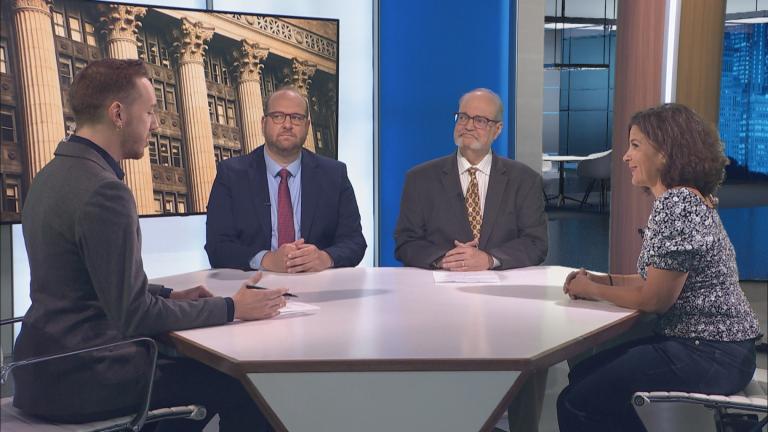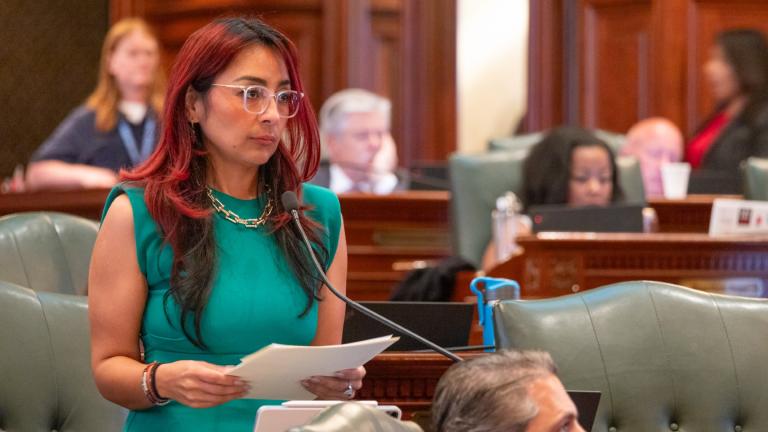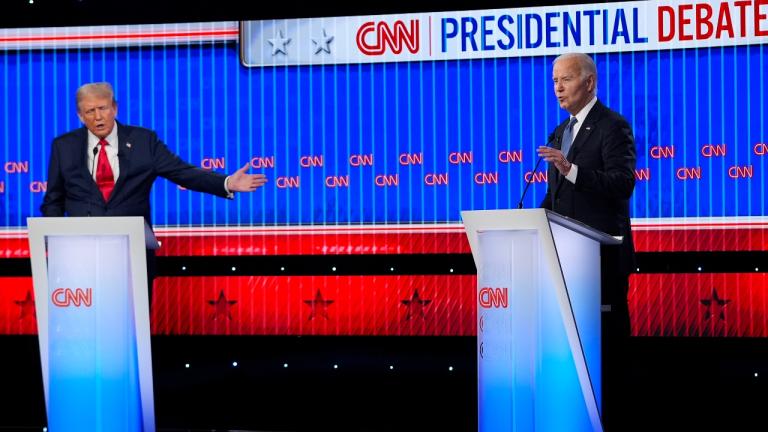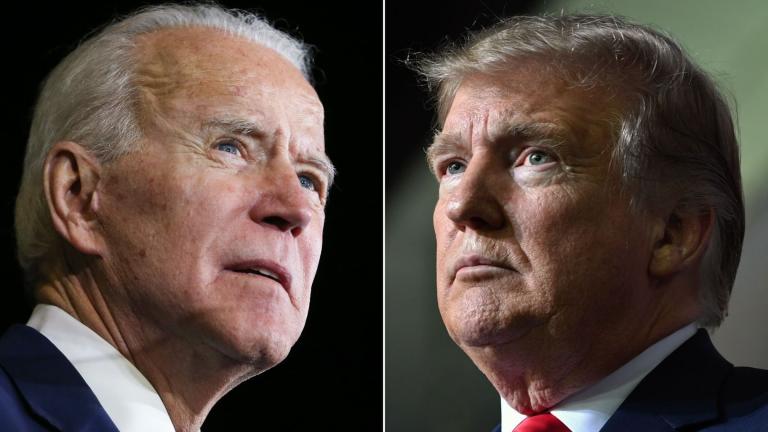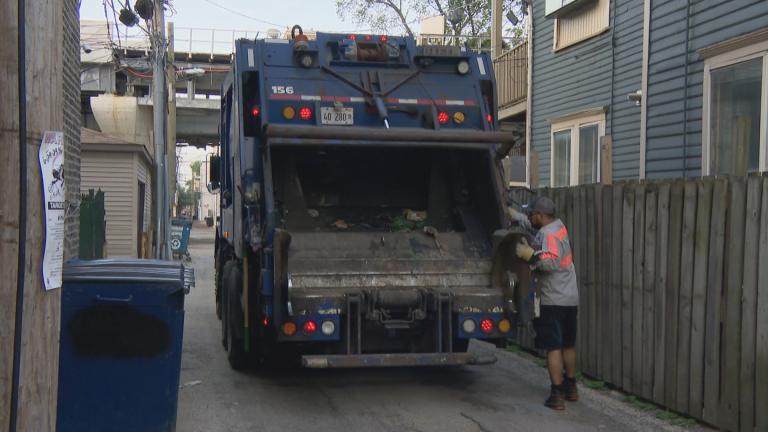Most Illinois schools are on summer break, having come out of another year of having to adapt and adjust to the coronavirus, even as many students have yet to recover from learning losses incurred when classrooms were forced to suddenly go remote.
National Education Association president Becky Pringle doesn’t use the term “learning loss” because she said students are always learning, even if not in the ways policy-makers typically measure.
But Pringle said the pandemic has brought to light, and widened, gaps that existed pre-pandemic, including academic gaps.
The NEA, the nation’s largest labor union, are meeting in Chicago for their annual meeting, where delegates will set future priorities for teachers and schools.
Chalkbeat Chicago reports that preliminary results show only 15% of third-to-eighth grade Chicago Public Schools students met math standard, down from a quarter of testing students the last pre-pandemic full school year.
Pringle says the standardized tests used to gauge that are flawed, and the U.S. needs to completely transform our assessment and accountability system.
“We have an archaic assessment system based on standardized tests that we know are biased, that don’t begin to measure the full scope of what a student knows and is able to do. And we spend billions — with a “b” —on tests, instead of spending billions — with a “b” — on investing in the resources that our students need,” she said. “The tests are flawed … they are non-comprehensive, they are not authentic, and we are working to redesign and reimagine what assessments look like in this country.”
The question of testing is something Illinois is grappling with.
After pushback, the state board of education tabled a plan to increase how often some students take the Illinois Assessment of Readiness. The debate on the prospect of testing changes is on the backburner, not settled for good.
The pandemic also exposed a shortage of teachers.
Pringle said it’s a national problem and has been since the late 90s when fewer college students began enrolling in education programs.
She said teachers are exhausted, with a NEA survey finding 55% of teachers overall planning to leave the profession earlier than planned and 66% of Black teachers specifically.
“That’s not okay in America, that we’re not paying teachers enough that they can take care of their own families. So they talked about professional pay. They talked about the mental health of their students, and how they needed help to meet those needs. They talked about how they needed more of them, more educators, so they could provide one to one instruction. More nurses and counselors,” Pringle said.
Illinois has begun to tackle its teacher shortage, with new laws that lessen requirements for substitute teachers (now some college will do, rather than a full bachelor’s degree), reduce the fee for reinstating a lapsed teaching license, and allowing schools to employ paraprofessionals as young as 18, down from 19.
Teachers are being asked to take on more, and that means preparing students for the possibility of a mass shooting.
Pringle was teaching in ‘99 when a pair of teens shot and killed a dozen of their peers at Columbine High School.
“I will never forget the day after, my students came in and said ‘Mrs. Pringle, Could that happen here? Are we safe?’ I have to tell you that I said, ‘Oh babies, that won’t happen here.’ And this country will take every step to make sure that doesn’t happen anywhere,” she said. “Now it’s 1999. So when you ask me the question, is (the bipartisan gun deal President Joe Biden just signed into law) enough? It’s not enough. But considering what we’ve done since Columbine, it is so much more than we have ever done to try to stem the gun violence epidemic. And so that’s why we supported it.”
Pringle says the focus shouldn’t just be on mass shootings; combatting gun violence that occurs in communities daily requires a holistic approach.
But the shooting at a Uvalde, Texas elementary school has re-kindled talk of things like arming teachers.
“Imagine a law saying ‘we’re going to have you be armed’ so now you (a teacher) literally think that you have to stop an assault weapon with a gun that you have safely tucked away hopefully,” Pringle said. “It’s ridiculous to think that that’s going to stop them. It’s not. And to put that burden on teachers or other educators is unconscionable. ‘Cause we’ll take it to heart and think ‘that’s our responsibility.’ It’s not.”
Follow Amanda Vinicky on Twitter: @AmandaVinicky

